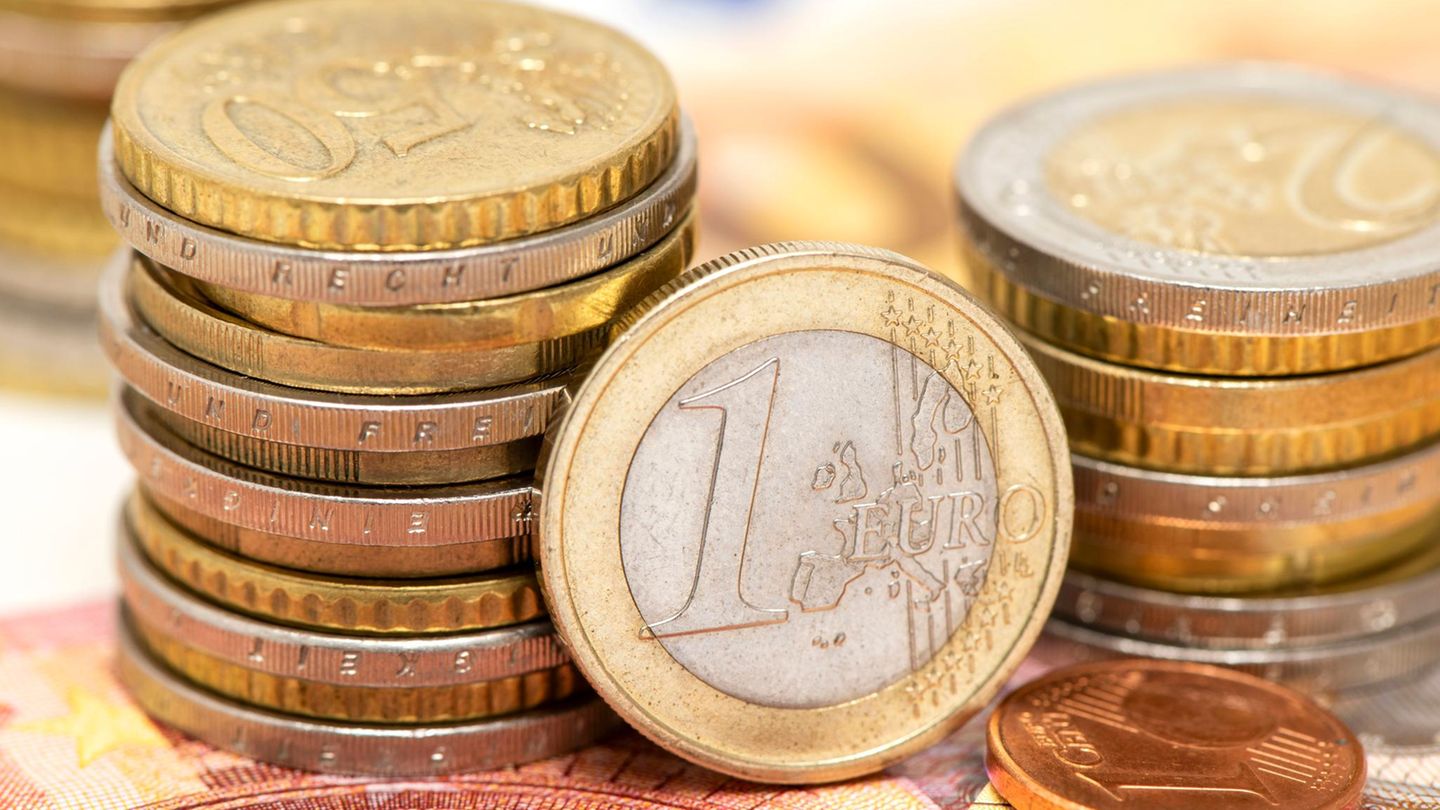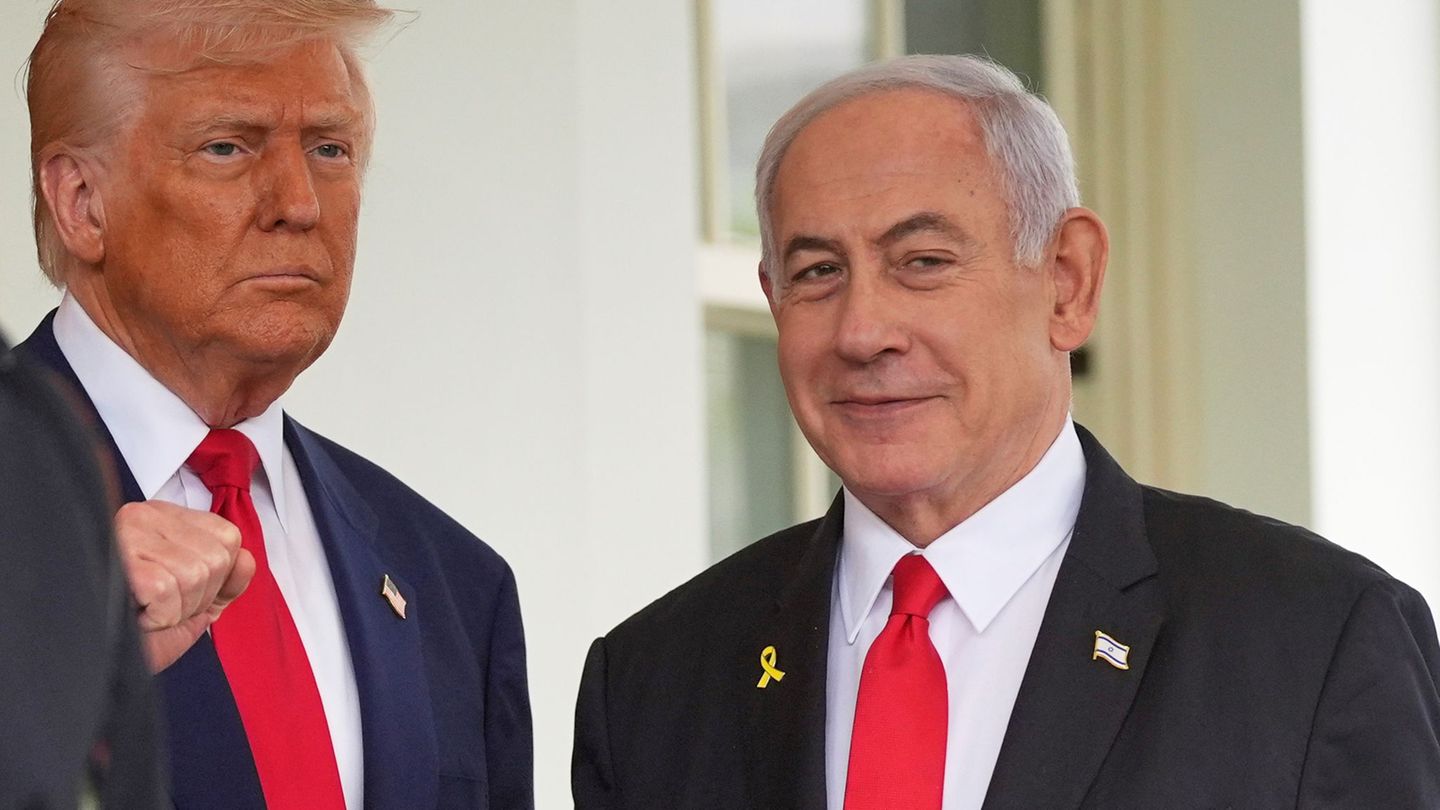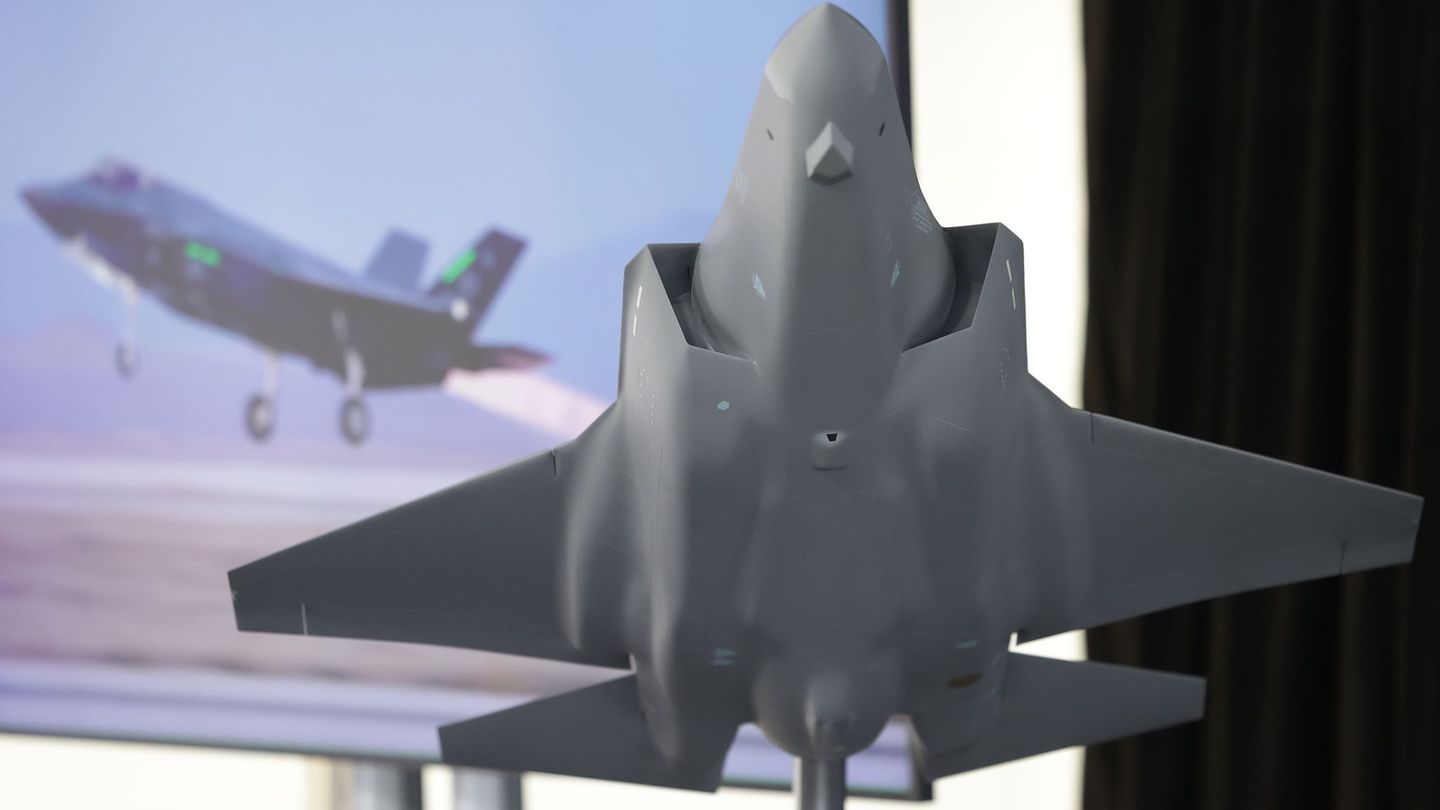The EU is increasing its sanctions because of the Russian war of aggression. Billions of dollars worth of liquefied natural gas deals are affected. In addition, a Hungarian veto is being circumvented in order to help Ukraine.
The EU is releasing around 1.4 billion euros in military aid for Ukraine against the will of the Hungarian government. The planned procedure was approved at a meeting of foreign ministers in Luxembourg, as EU foreign policy chief Josep Borrell confirmed in a press conference in the evening. It stipulates that Hungary cannot veto the decision because the country had abstained from a previous fundamental decision on the issue.
The foreign ministers also approved a new package of sanctions against Russia. It includes measures against multi-billion dollar liquefied natural gas (LNG) deals and companies involved in circumventing sanctions.
Hungary’s billion-dollar blockade
The decision to accept EU-funded arms deliveries is an important signal for Ukraine. Hungary has been blocking the disbursement of EU funds for military aid for months. The government in Budapest justifies this with doubts about the effectiveness of the support for the attacked country and concerns about a further escalation of the conflict. In Brussels, it is assumed that the government is also trying to force the release of EU funds for Hungary that have been frozen due to concerns about the rule of law.
The approximately 1.4 billion euros are interest income from frozen assets of the Russian central bank in the EU. The EU had already decided in principle several weeks ago to use these for Ukraine. Due to the Hungarian veto policy, however, it was initially unclear when they could be used.
The plan is for the money to flow to countries such as Germany and the Czech Republic within the next month, which will then use it to provide Ukraine with equipment for air defense or artillery shells. According to Borrell, another billion euros in interest income will follow by the end of the year.
The other EU states justify the fact that the decision does not have to be made unanimously as usual by saying that Hungary abstained from the fundamental decision on the use of the frozen funds. This is now being interpreted to mean that all subsequent decisions can also be made without Hungary.
Hungary’s Foreign Minister Peter Szijjarto described the action as overstepping boundaries. He accused the EU partners of disregarding Hungary’s decision-making powers and of an “unprecedented violation of common European rules”. He criticized it as hypocrisy to stand up for the rule of law and democratic values while at the same time violating the rules themselves.
New sanctions against LNG deals
The sanctions against LNG business stipulate that ports such as the one in Zeebrugge, Belgium, may no longer be used to ship Russian LNG to third countries. This is intended to result in Russia being able to sell less liquefied natural gas due to a lack of transport capacity and generating less profits that could be used to continue the war of aggression against Ukraine.
To date, Russian tankers, often suitable for use in ice-covered waters, have been bringing liquefied natural gas from the Yamal Peninsula in Siberia to EU ports. There, the LNG is transferred to normal tankers that travel to more distant regions of the world. This means that the “icebreaker” tankers can carry out significantly more missions.
According to the EU Commission, around four to six billion cubic meters of Russian LNG were transported via EU countries to other countries last year. This could affect transactions worth several billion euros. LNG imports for use in the EU are not affected. Some EU countries consider them essential to ensure that energy supplies remain affordable.
Fight against sanctions evasion
In addition to the LNG sanctions, the 14th EU package contains measures designed to make it more difficult to circumvent existing sanctions, as Russia’s arms industry can still use Western technology to produce weapons for the war against Ukraine.
EU companies should check more carefully that critical goods they export do not end up in Russia. However, the German government prevented the “No Russia Clause” from being extended to subsidiaries. The reason was apparently warnings from companies who feared excessive administrative costs and loss of sales.
The “No Russia Clause” requires EU exporters to contractually prohibit the re-export of certain goods to Russia. This affects, among others, aviation goods, weapons and advanced technology goods used in Russian military systems. Industrial know-how for the production of military goods is also new to the list.
Companies in China and Türkiye affected
In addition, dozens of other companies are being sanctioned on suspicion of contributing to Russia’s military and technological strengthening or to the development of its defense and security sector. The EU is no longer allowed to sell goods and technologies that can be used for military purposes to them. According to the EU, some of these companies are based in China, Kazakhstan, Kyrgyzstan, Turkey and the United Arab Emirates.
In addition, the use of the Russian Financial Intelligence Service (SPFS) is largely prohibited because, from the EU’s perspective, it was developed by the Central Bank of Russia to neutralise the effect of sanctions.
Russian government money will be taboo in the future
In view of Russia’s continued attempts to disrupt democratic processes in the EU, for example through disinformation campaigns, it was decided that political parties and foundations, non-governmental organisations and media service providers across the EU would no longer be allowed to accept funding from the Russian government and its representatives.
Foreign Minister Annalena Baerbock described the package as part of the determined support for Ukraine. Russian President Vladimir Putin wanted to break the country and the European peace order, said the Green politician. He achieved the opposite.
Source: Stern
I have been working in the news industry for over 6 years, first as a reporter and now as an editor. I have covered politics extensively, and my work has appeared in major newspapers and online news outlets around the world. In addition to my writing, I also contribute regularly to 24 Hours World.




